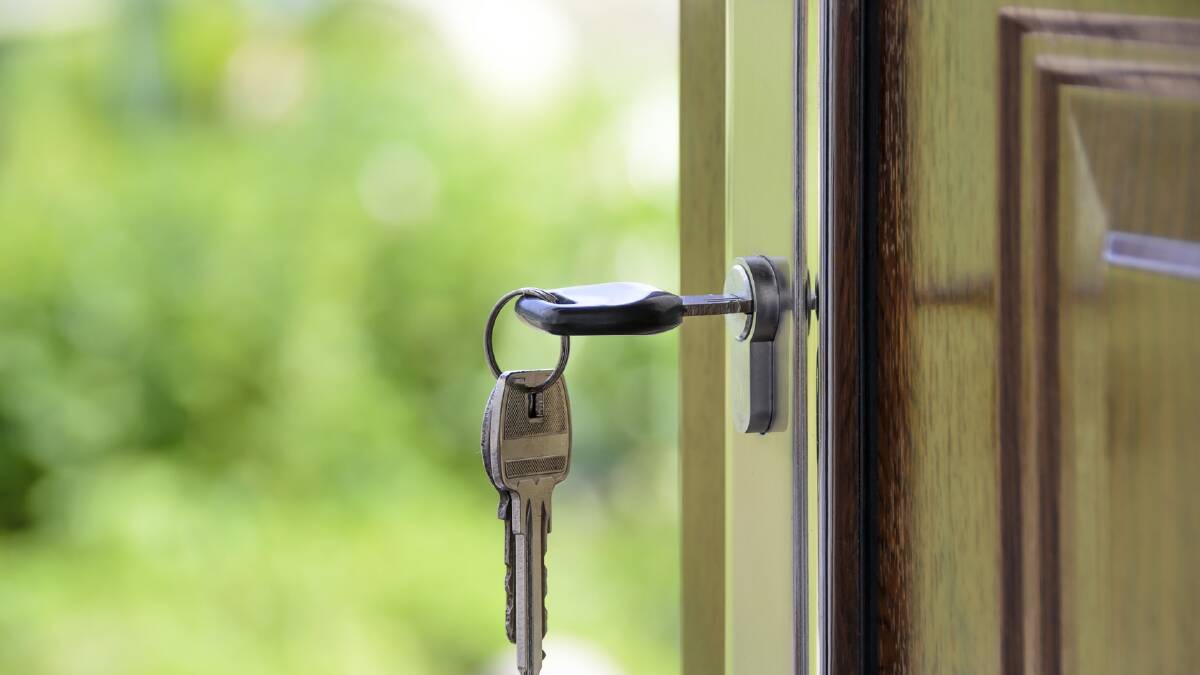How to choose a house for retirement

This is sponsored content for Aged Care Prepare
WHILE many Australians are considering upsizing as their family's expand, there are a large number of Australians who have come to a period in their lives where it's time to downsize.
Whether the children have flown the nest and the vast amount of space is no longer needed, or your property has become too much to handle as you or a loved one seek short term restorative care, there are a few factors to consider during the search for a retirement home.
If you're on the verge of downsizing, remember these tips from Aged Care Prepare during your house search.
Levels
While you might not struggle with stairs at the moment, a house with multiple levels can become challenging when your knees weaken or balance becomes poor.
It's wise to look for a home that is laid out on one level, or at most, features a small step towards the bedroom or bathroom area.
While two or three-storey houses can be fitted with railings and chair lifts, a single-storey home can make your life much easier when the time comes to rely on a walking stick, walker or wheelchair.
According to Woodards agent, Nelson Machuca, the most popular homes amongst downsizers are "properties that are all at ground level."
Layout
Having a house layout that is easy to navigate is a key feature in a retirement home. Look for bedrooms with en-suite bathrooms, spacious kitchens with easily accessible cupboards, and wide passages and door frames.
Having a home that is easy to move around in, offers storage space that doesn't require a huge amount of effort to reach, and facilities that aren't difficult to access, will certainly make life easier when mobility becomes restricted.
Amenities
Choosing a house close to essential amenities is just as important to retirees as it is to young families.
While couples with children might be looking for a house close to good schools, family-friendly parks and entertainment facilities, retirees should look for a house close to preferred medical centres, public transport, community centres and close family and friends.
This doesn't mean that you shouldn't look for a home close to relaxing outdoor spots and busy, social activities, but that the proximity to the above mentioned medical, transport and family-related amenities should be an important consideration when choosing a location.
From the amount of storeys, to house layout and easy access to important facilities, house hunting requires a different approach once you reach the retirement phase.
While downsizing can be a difficult experience, keep these factors in mind while on the hunt for a retirement to ease the process, and even make it fun.
Sponsored content


